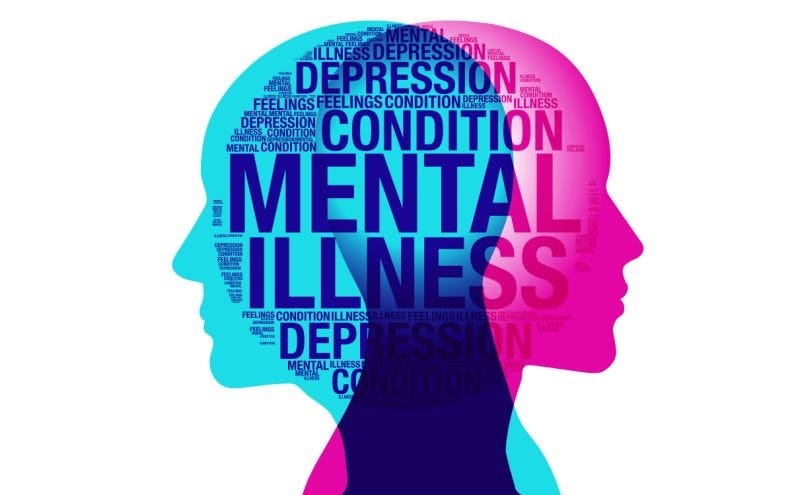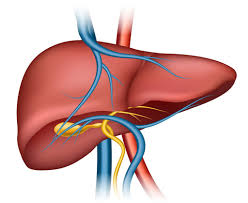Understanding Mental Health: Definition, Risk Factors & Treatment Gaps
- bypari rathore
- 15 October, 2025

🧠 Understanding Mental Health: A Vital Component of Well-Being
Mental health is a crucial aspect of overall well-being. It allows individuals to handle daily stress, fulfill their potential, work productively, and contribute positively to their communities. Mental health has both intrinsic value—as a basic human right—and instrumental value, playing a key role in social and economic development.
🔄 A Complex, Personal Continuum
Mental health is not a fixed state; it exists on a continuum that varies from person to person. A range of individual, family, societal, and environmental factors can influence a person’s mental well-being at any given time. While many people show resilience, exposure to adverse life events—such as trauma, poverty, or discrimination—can increase the risk of mental health conditions.
🩺 What Are Mental Health Conditions?
Mental health conditions include:
Mental disorders (e.g., depression, anxiety, schizophrenia)
Psychosocial disabilities
Other mental states associated with distress, impaired functioning, or risk of self-harm
These conditions can lead to substantial emotional, physical, and social consequences if not addressed.

💡 Treatable Yet Under-Prioritized
The good news is that many mental health conditions are treatable—often at relatively low cost. Despite this, health systems around the world are under-resourced, and treatment gaps remain wide, especially in low- and middle-income countries. Strengthening mental health services, raising awareness, and integrating care into broader health systems are essential for global well-being.
Note: Content and images are for informational use only. For any concerns, contact us at info@rajasthaninews.com.
40 के बाद शर्ट से बा...
Related Post
Hot Categories
Recent News
Daily Newsletter
Get all the top stories from Blogs to keep track.







_1772465804.jpg)
_1772465408.jpg)
_1772464394.jpg)
_1772463878.jpg)
